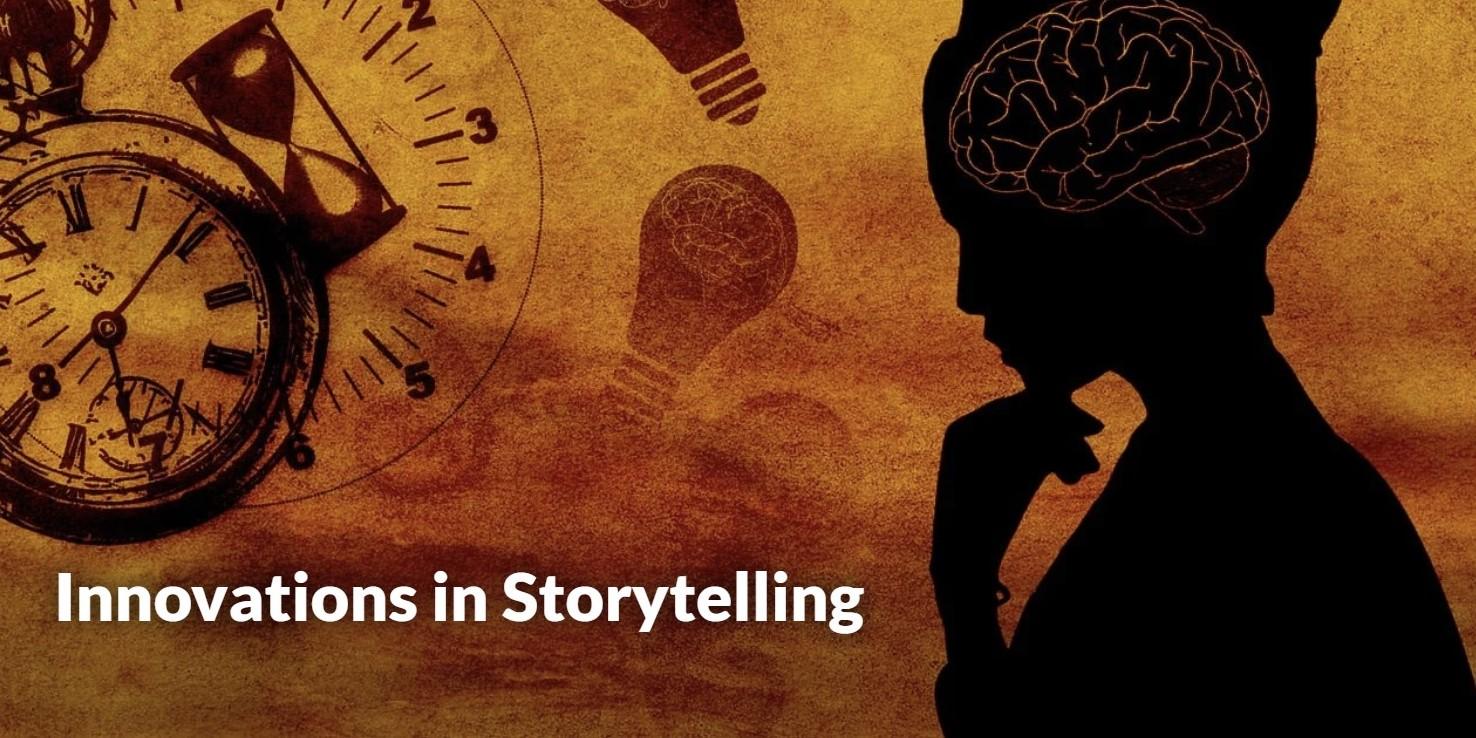The University of Rhode Island’s Humanities Department recently launched a program called “Innovations in Storytelling”, which focuses on the differing ways stories are composed, generated and expressed across diverse groups of storytellers.
The weekly program explores storytelling through a vast arrangement of speakers from differentiating backgrounds and with differing styles of work ranging from photography, poetry and cartooning to music and anthropology.
The program kicked off on Sept. 20 when Denver cartoonist and historian B. Erin Cole joined URI at the Higgins Welcome Center for their presentation “Cute Drawings of Terrible Things.”
Cole is well known for their history based comics on atomic history, as well as their past experiences as a museum professional, developing historical exhibits for museums such as “The History Colorado Center and Minnesota Historical Society.”
Cole has cartooned for a majority of their life, but actually stopped back in the late 1990’s.
“I didn’t think I was very good at it,“ Cole said.
During that time, Cole gained skills which would eventually circle back to their future cartooning career, formulating the cartoons they have produced for our communities today.
“I learned a lot about how to write, how to use evidence, how to use tone and how to write a story,” Cole said.
In 2016, Cole found good in the bad once again, this time to a more extreme extent. One of Cole’s repeating figures is known as ‘little brain’ and is constant through their comics about mental health and history. The character stemmed from Cole’s imagination after they suffered a traumatic brain injury.
Cole’s work expressed a common theme of taking something deep and using it to produce a new innovative way of thinking and understanding stories.
This week on Oct. 5, talks will shift to a poet’s take on storytelling, as Kwame Dawes is introduced.
Dawes has been a published poet for almost 30 years. His first work, “Progeny of Air”, published in 1994 and connected wider historical perspectives of Jamaica with inner cultural experiences growing up in the country. Since then the poet has written over 20 collections of poetry, with numerous poems being influenced through his Jamaican Culture.
Along with being a poet, Dawes is an editor for “Prairie Schooner”, a professor at the University of Nebraska and a member of the South Carolina Academy of Authors. He was the recipient of numerous awards including, “The Musgrave Silver Medal for influential work” in Jamaican Culture and an Emmy for a web-based project: “Hope: Living and Loving with HIV in Jamaica”.
Dawes plans to share a variety of these poems, to tell the story about who he is.
“I will be reading poems. And I will be sharing who I am and how I have lived in the world.”
Dawes hopes Thursday’s presentation exists as a more personal, touching and emotional experience.
“People enacting a gathering around a fire where we discover ourselves is what I hope it will be,” Dawes said. “I think it will be beautiful.”
On Oct. 11, Mystic Seaport Curator and anthropologist Akeila de Barros Gomes will stand alongside fellow anthropologist and CT Humanities Executive Director Jason Mancini to engage in a discussion expressing how their recent maritime anthropology research influences storytelling. The presentation is called “Telling stories about the Ocean”.
On Oct. 15, Jesse-Ray Leich, a 2017 URI graduate will visit his old college again to present on the influence music has regarding storytelling.
As a broadway musician, Leich’s style of storytelling is different from that of Cole and Dawes. The stories he tells are communicated without words.
Despite this, the message of his stories’ are no less clear than that of writers and poets.
Leich explained that onstage dialogue and acting combined with live music from the orchestra takes the audience on a sonical and visual journey.
“Even when there is no dialogue or physical acting on stage, the audience can still feel the emotionality of the show just by how the music being played makes them feel,” Leich said. “The music can tell a story all on its own!”
Leich will be presenting alongside Nicholas Jemo, who is also a Broadway musician and URI alumni. The two will be speaking on behalf of storytelling connections and individual experiences as well as what impact these stories create.
The two will be performing a few songs together as well.
“I hope the audience walks away feeling some sort of emotion,” Leigh said. “That can be anything, from joy, to heartbreak, rage to serenity.”
The fall series will conclude on Nov. 2 featuring Jeffery Yoo Warren, an artist of architecture and illustration who combines these artistic skills with his specialized knowledge as a scientist and researcher.
Warren’s most recent project tells a thought-provoking story of community, history and culture through his mind-shaking 3D model “Seeing Providence Chinatown”. Warren will touch on this innovative, unique form of art as well as others he has created.
The upcoming sessions of “Innovations in Storytelling” hope to bring different types of storytelling to light, by allowing students to become educated on an array of innovators, world-changers of different styles, cultures and communities.
Beginning April 11, 2024, the series will resume once again for the spring semester, welcoming a unique collaboration between a novelist/film-maker and a Buddhist priest.





